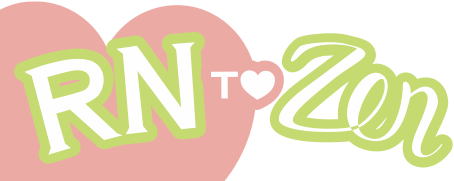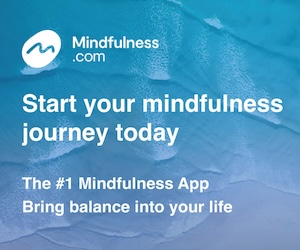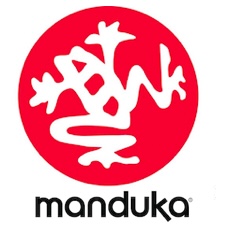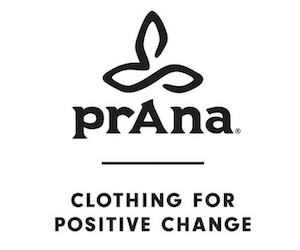What is Reiki Healing?
What is Reiki Healing? Reiki healing, a form of alternative therapy, has its origins in Japan and has gained global recognition for its holistic approach to wellness. The term ‘Reiki’ combines two Japanese words – ‘Rei,’ meaning ‘Universal,’ and ‘Ki,’ meaning ‘Life Energy.’ This practice involves the transfer of universal energy from the practitioner’s palms to the patient, promoting healing and balance. In this comprehensive blog post, we’ll explore the fundamentals of Reiki healing, its principles, techniques, and the myriad benefits it offers.
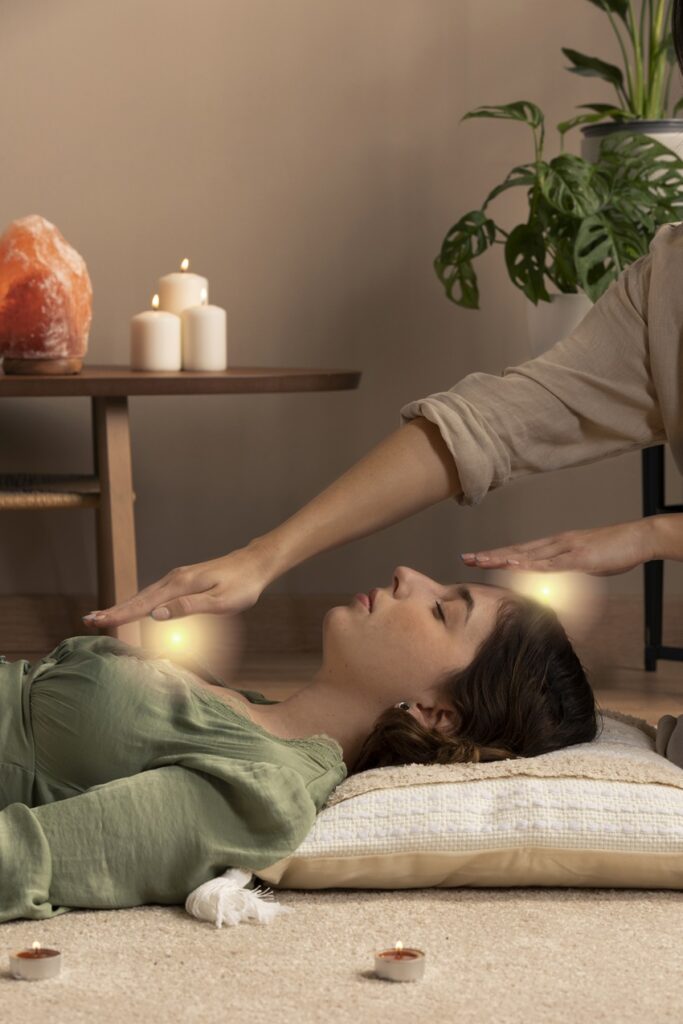
Origins and History of Reiki Healing
Reiki was developed in the early 20th century by Mikao Usui, a Japanese Buddhist. After a profound spiritual experience, Usui developed this healing method, focusing on channeling life energy to heal and balance the body and mind. Since then, Reiki has evolved and spread worldwide, with various schools and interpretations emerging.
Related Post: Align Your Chakras with These Yoga Poses
The Principles of Reiki Healing
Reiki healing is grounded in the belief that a life force energy flows through us, and it’s this energy that keeps us alive. Reiki practitioners aim to channel this universal energy to the recipient, helping to clear blockages, restore balance, and promote the body’s natural healing abilities. This process is believed to enhance overall well-being, both physically and emotionally.
The Reiki Healing Process
- Attunement: A Reiki practitioner undergoes a process called ‘attunement,’ where they are trained to access and channel energy.
- Healing Sessions: During a session, the recipient typically lies down or sits comfortably. The practitioner places their hands lightly on or near the recipient’s body, transferring energy.
- Energy Flow: Practitioners may use specific hand positions, focusing on different areas of the body to facilitate the flow of energy.
Benefits of Reiki Healing
Reiki is known for its numerous benefits, which include:
- Stress Reduction and Relaxation: One of the most immediate effects of Reiki is deep relaxation, which helps reduce stress and anxiety.
- Pain Management: Reiki is often sought for its ability to alleviate pain and accelerate the healing process.
- Emotional Clarity and Peace: Reiki can help in releasing emotional blockages, leading to increased peace and mental clarity.
- Balancing Mind and Body: Reiki aims to balance the mind and body, enhancing overall wellness.
Who Can Benefit from Reiki Healing?
Reiki is a non-invasive practice suitable for all age groups. It can benefit individuals dealing with stress, chronic pain, emotional challenges, and those seeking general wellness. Reiki is also used as a complementary therapy alongside conventional medical treatments, as it supports and enhances their effects.
Learning Reiki Healing
Reiki can be learned by anyone interested in energy healing. Training is typically divided into different levels, each involving an attunement process and the learning of various techniques and symbols. Many Reiki courses and certified trainers offer these programs globally.
The Role of Intention in Reiki Healing
Intention plays a crucial role in Reiki healing. Practitioners often begin sessions by setting an intention or goal for the healing, whether it’s to relieve pain, reduce stress, or release emotional blockages. This focused intention is believed to guide the universal energy for the highest benefit of the recipient. It’s this mindful, purposeful approach that underlines the effectiveness of Reiki and enhances its healing potential.
Reiki in Complementary and Integrative Health
In recent years, Reiki has been increasingly recognized in the field of complementary and integrative health. Many hospitals and healthcare settings now offer Reiki as a complementary therapy to support patients undergoing conventional medical treatments. This integration signifies a growing acknowledgment of the importance of holistic approaches in promoting overall health and well-being.
The Experience of Reiki Healing
Individual experiences of Reiki healing can vary greatly. While some recipients report feeling a sense of warmth or tingling during a session, others may feel a deep sense of relaxation or emotional release. The effects of Reiki can also be subtle and may be more noticeable over time with regular sessions. The personal nature of the experience is a hallmark of Reiki, making each session unique to the individual.
Self-Reiki for Personal Well-being
Apart from receiving Reiki from a practitioner, individuals can also learn to practice Self-Reiki. This practice involves using Reiki techniques on oneself for self-healing and balancing. Self-Reiki can be a powerful tool for personal wellness, offering a way to manage stress, boost energy levels, and maintain balance in daily life.
Final Thoughts
Reiki healing offers a gentle yet powerful path to wellness, balancing the body’s energies to promote healing and relaxation. Whether you are seeking relief from physical or emotional pain or simply looking to enhance your overall well-being, Reiki can be a valuable practice. As a non-invasive and holistic approach, it complements traditional medical treatments and offers a unique way to nurture health and harmony within the body and mind.
References:
https://www.ncbi.nlm.nih.gov/pmc/articles/PMC5871310/
https://www.mcgill.ca/oss/article/health-pseudoscience/should-we-take-reiki-seriously
